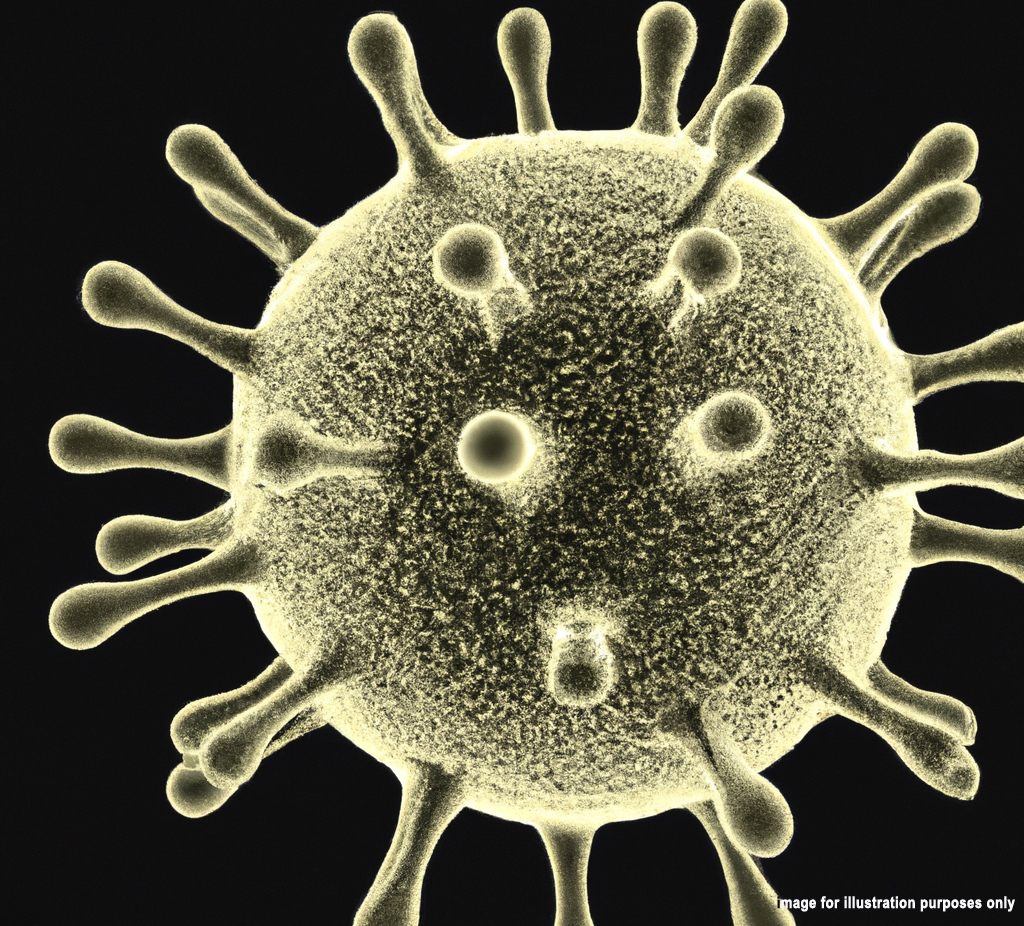Colon Cancer

Colon, or colorectal, cancer denotes cancer originating in the large
intestine (colon) or rectum (end of the colon).
Other forms of cancer can impact the colon, including lymphoma, carcinoid
tumors, melanoma, and sarcomas, although they are infrequent. In this
context, "colon cancer" specifically refers to colon carcinoma.
Causes, Incidence, and Risk Factors
Colorectal cancer ranks among the leading causes of cancer-related
fatalities in the United States, as per the American Cancer Society.
However, early detection often results in complete remission.
The majority of colon cancer originates in glands within the colon and
rectum lining. When healthcare professionals mention colorectal cancer, they
usually refer to this.
No single cause precipitates colon cancer. Almost all cases begin as benign
polyps that gradually progress to cancer.
Risk factors for colon cancer include:
• Age over 60
• African American or Eastern European descent
• Consumption of a diet rich in red or processed meats
• Presence of cancer elsewhere in the body
• Colorectal polyps
• Inflammatory bowel disease (Crohn's disease or ulcerative colitis)
• Family history of colon cancer
• Personal history of breast cancer
• Certain genetic syndromes heighten the risk, notably:
• Familial adenomatous polyposis (FAP)
• Hereditary nonpolyposis colorectal cancer (HNPCC), also termed Lynch
syndrome
• Dietary habits may influence colon cancer risk, potentially associated
with a high-fat, low-fiber diet and red meat. However, the correlation
remains unclear, as some studies show no risk reduction with a high-fiber
diet.
• Smoking and alcohol consumption also elevate the risk of colorectal
cancer.
Symptoms
• Many instances of colon cancer exhibit no symptoms. However, potential
indicators include:
• Lower abdominal pain and tenderness
• Presence of blood in stool
• Diarrhea, constipation, or alterations in bowel habits
• Narrow stools
• Unexplained weight loss
Signs and Tests
• Colon cancer is detectable before symptoms manifest through proper
screening.
• Physical examination, including abdominal palpation, typically yields no
abnormalities. However, a palpable mass may indicate rectal cancer.
• Fecal occult blood test (FOBT) detects minimal blood in stool, suggestive
of colon cancer, albeit it may yield negative results. Thus, it must
accompany colonoscopy or sigmoidoscopy. A positive FOBT doesn't conclusively
imply cancer.
• Imaging techniques for colorectal cancer screening and diagnosis comprise
colonoscopy and sigmoidoscopy. Colonoscopy offers comprehensive colon
visualization, rendering it the premier screening method.
• Blood tests may encompass a complete blood count (CBC) to assess anemia
and liver function tests.
• Upon colorectal cancer diagnosis, further tests ascertain cancer spread
(staging). Imaging modalities like CT or MRI scans examine the abdomen,
pelvis, chest, or brain. PET scans are occasionally utilized.
Colon cancer staging includes
• Stage 0: Very early cancer affecting the intestine's innermost layer
• Stage I: Cancer confined to the colon's inner layers
• Stage II: Cancer penetrates the colon muscle wall
• Stage III: Cancer extends to lymph nodes
• Stage IV: Cancer metastasizes to other organs
Blood tests to identify tumor markers like carcinoembryonic antigen (CEA)
and CA 19-9 aid in treatment monitoring.
Treatment
Treatment modality hinges on cancer stage. Typically, interventions
encompass:
Surgery
Stage 0 colon cancer may necessitate cancer cell removal during colonoscopy.
Stages I, II, and III demand extensive surgery to excise affected colon
segments.
Chemotherapy
Stage III patients typically undergo chemotherapy post-surgery for about 6 -
8 months. 5-fluorouracil, a chemotherapy agent, boosts cure prospects in
select patients. Stage IV patients may receive chemotherapy for symptom
relief and survival prolongation.
Radiation
While radiation is occasionally utilized in colon cancer, it's usually
combined with chemotherapy for stage III rectal cancer.
For stage IV disease spreading to the liver, diverse liver-directed
treatments are viable, including ablation, delivering chemotherapy/radiation
to the liver, cryotherapy, or surgery.
undo Common Diseases in Malaysia